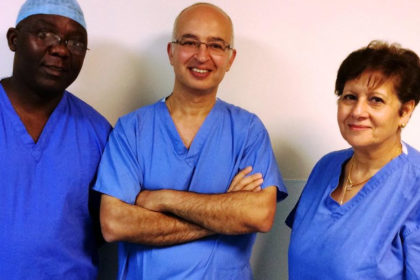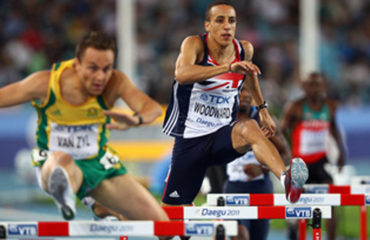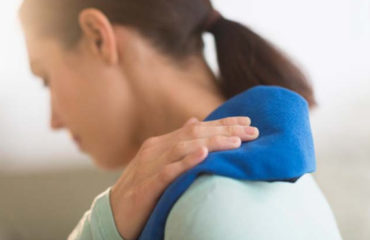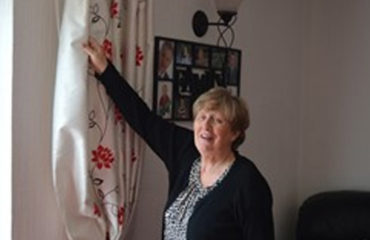
A group of doctors flew out to the war-torn city of Juba in South Sudan to treat victims of the fighting
A group of Solihull medics have braved a war zone city in South Sudan to treat the victims of the fighting.
Consultant Anaesthetist Dr Samia Fayek, consultant orthopaedic surgeon Amir Salama and theatre nurse Kennedy Kaonga, who work together at the Spire Parkway Hospital in Solihull, have just returned from a week working in a hospital in the war-torn city of Juba
The group, who took drugs and medical equipment with them, carried out more than 70 operations, mostly on victims of the fighting between Government and rebel forces.
They worked 12-hours a day for seven days so they could operate on as many patients as possible.
The team also dealt with people walking in off the streets with fresh gunshot wounds.
Dr Fayek said: “When we arrived the hospital had been shut for weeks and people were desperate for treatment.
“They had gunshot wounds and fractures caused by explosions that they had been living with for months.
“The drug supplies were almost all gone but fortunately we had a supply of our own thanks to the Spire Parkway pharmacy and were able to put them to good use almost immediately.”
The trio were there as part of the St. Paul Coptic Medical Missions – a Christian organisation co-ordinating medical services in various African and Asian countries.
Mr Kaonga, who has previously worked in South Sudan as part of the Red Cross, described the conditions for people in Juba as ‘terrible.’
He said: “Some of the fractures had been untreated for so long that they set themselves – part of Mr Salama’s work was to try and get the bones back to their original shape. “As soon as we had finished one patient there was another to work on. It was tough work for all of us but very rewarding.”
Mr Salama added: It was a unique experience for all of us to be able to support those poor families with their injury and suffering. It was very satisfying and rewarding.
“My main aim was to teach the local doctors and get them involved in the surgery so that they can perform it again in the proper way after we leave.
“The facilities were the bare minimum to carry out any kind of surgery but hopefully it will improve as the country’s health minster got on board and promised a change.”

 Mr Amir Salama
Mr Amir Salama


